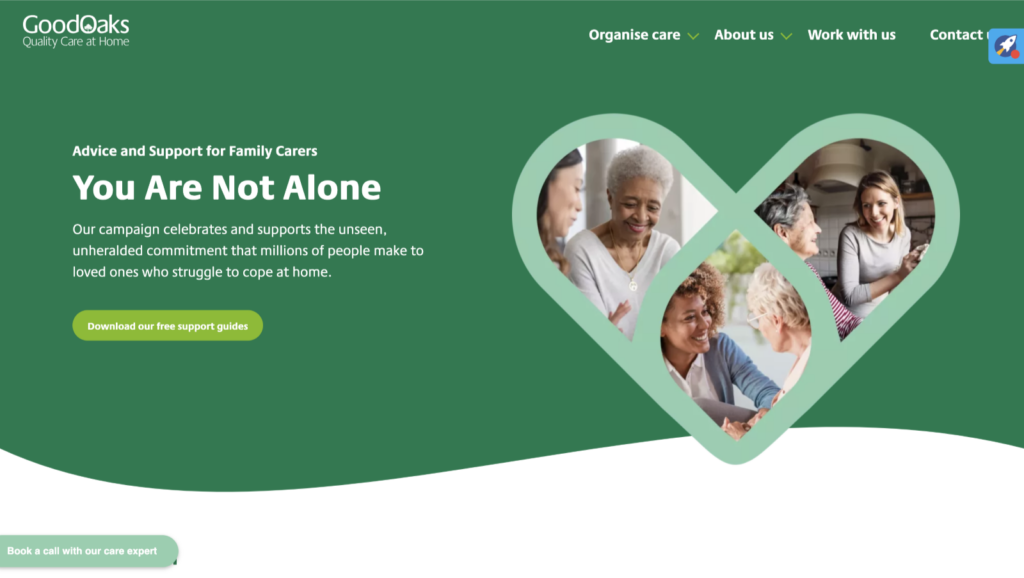Covid-19 restrictions in Scotland caused “harm and distress”, report confirms
A 143-page report, commissioned by the independent inquiry into the country’s handling of the pandemic, has been produced by Edinburgh Napier University.
The legal basis for confining residents to their rooms and banning visitors was described as “unclear”, with care home residents suggested as being discriminated against compared to other citizens.
Published by the Scottish Covid-19 Inquiry chaired by Lady Poole, the report, which was compiled by a team from the university’s School of Health and Social Care led by Professor Colin McKay and is one of 14, has found “little evidence” that the human rights of residents and their families had been considered in the early months of the pandemic.
However, the report accepts that restrictions were, to a certain extent, understandable given “the vulnerability of care home residents and the large number of deaths in the sector”.
“There is substantial evidence of the harm and distress caused to residents and their families by the restrictions imposed in care homes,” it said.
“This includes concerns that, particularly for people with dementia, being unable to maintain contact with their family exacerbated cognitive and emotional decline, potentially hastening their death.”
“Overall, there is convincing evidence that while public health measures were brought in to protect the Scottish population, the impact of these changes on the daily lives of some vulnerable populations and people involved in their care were not fully considered.”
Edinburgh University also published a report saying that 50% of all Covid-related deaths in Scotland between March and June 2020 had involved care home residents, adding that Scotland had the highest rate among care home residents in the UK during the first wave of the pandemic. A lack of testing before hospital patients were discharged to care homes contributed to Covid outbreaks, it concluded.
“The inhumane policy for care homes, where residents were unable to see their families, contained in their rooms 24/7 and where some residents died alone, should be acknowledged and not repeated,” a report from the University of Highlands and Islands said.
“Risk of infection during a pandemic must be weighed against the risk of losing humanity.”
“The conditions laid and the restrictions imposed were extremely severe,” said Scottish Care chief executive Donald Macaskill on BBC’s Good Morning Scotland.
“I think most of us indicated we had to be very careful that some of the restrictions were not likely to cause more harm than they were to save lives.”
“Social care was nowhere. We were not at the table in terms of preparation for a pandemic. Therefore it is hardly surprising that there was insufficient guidance sensitive to the context of care homes, but guidance written for a hospital which is simply not fit for purpose for someone’s own home.”



